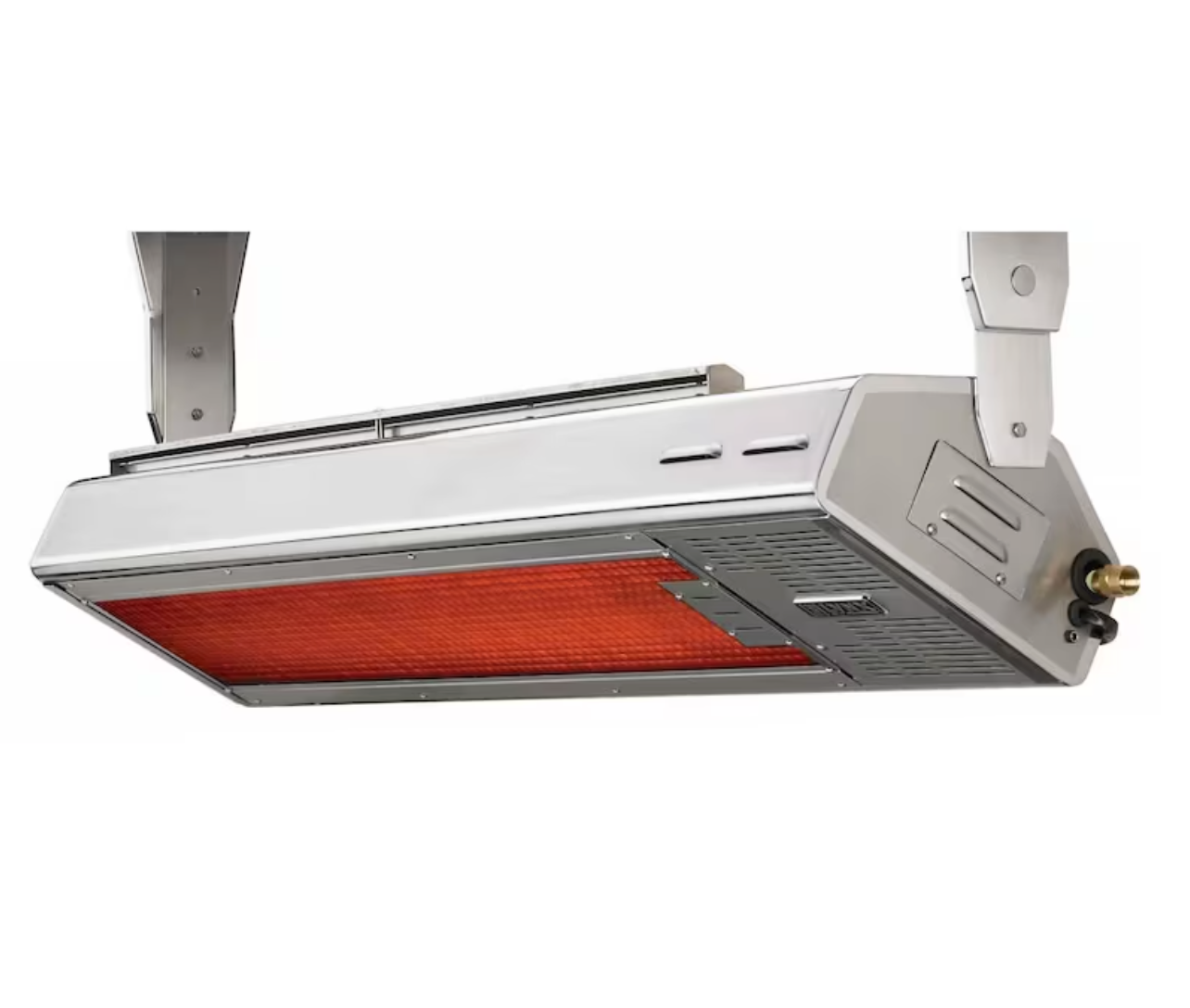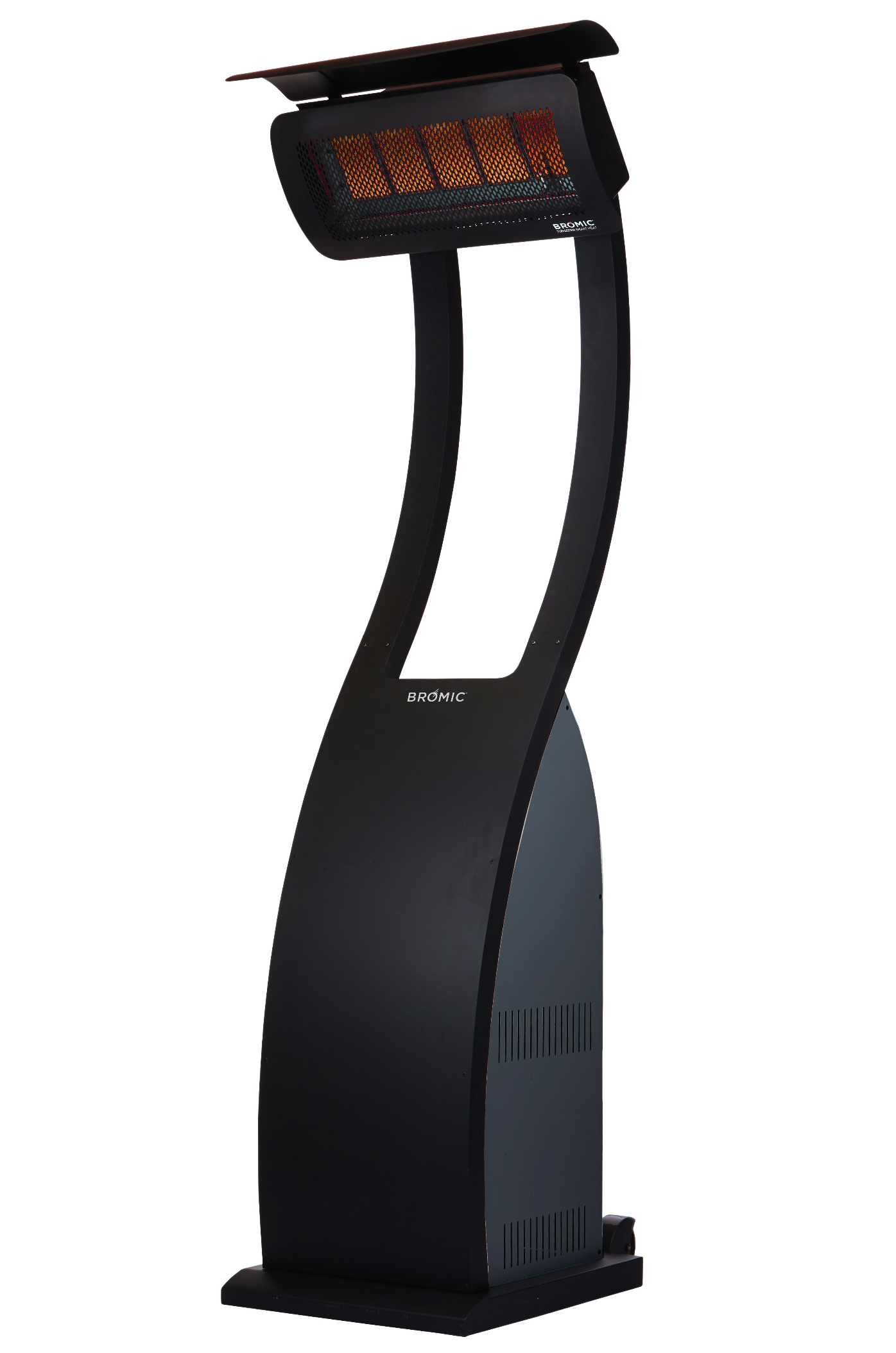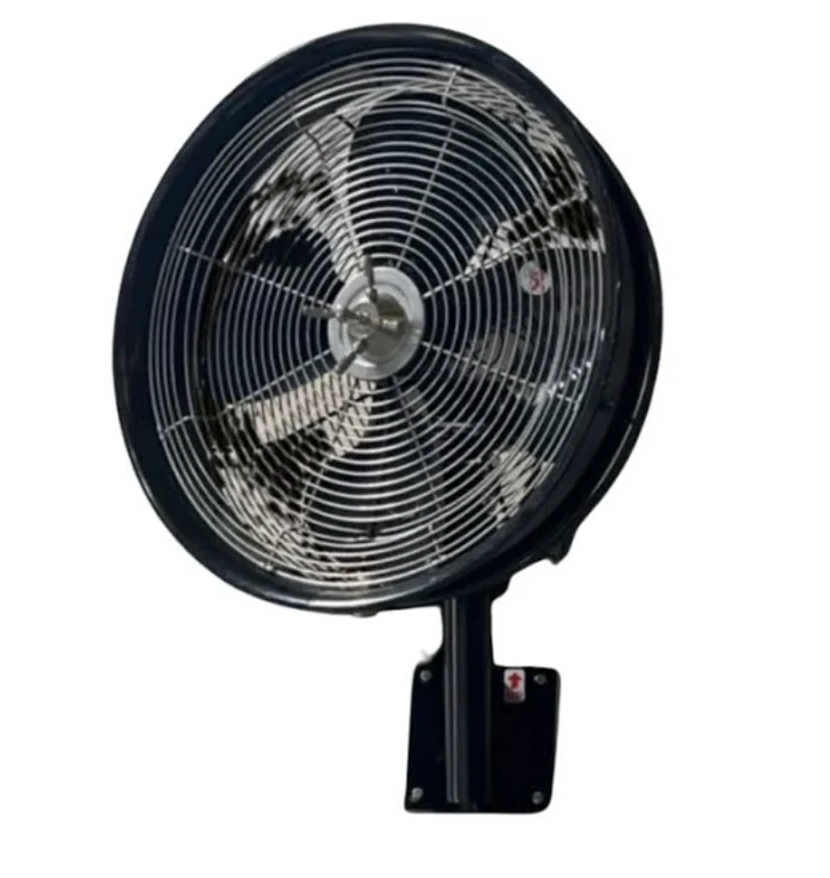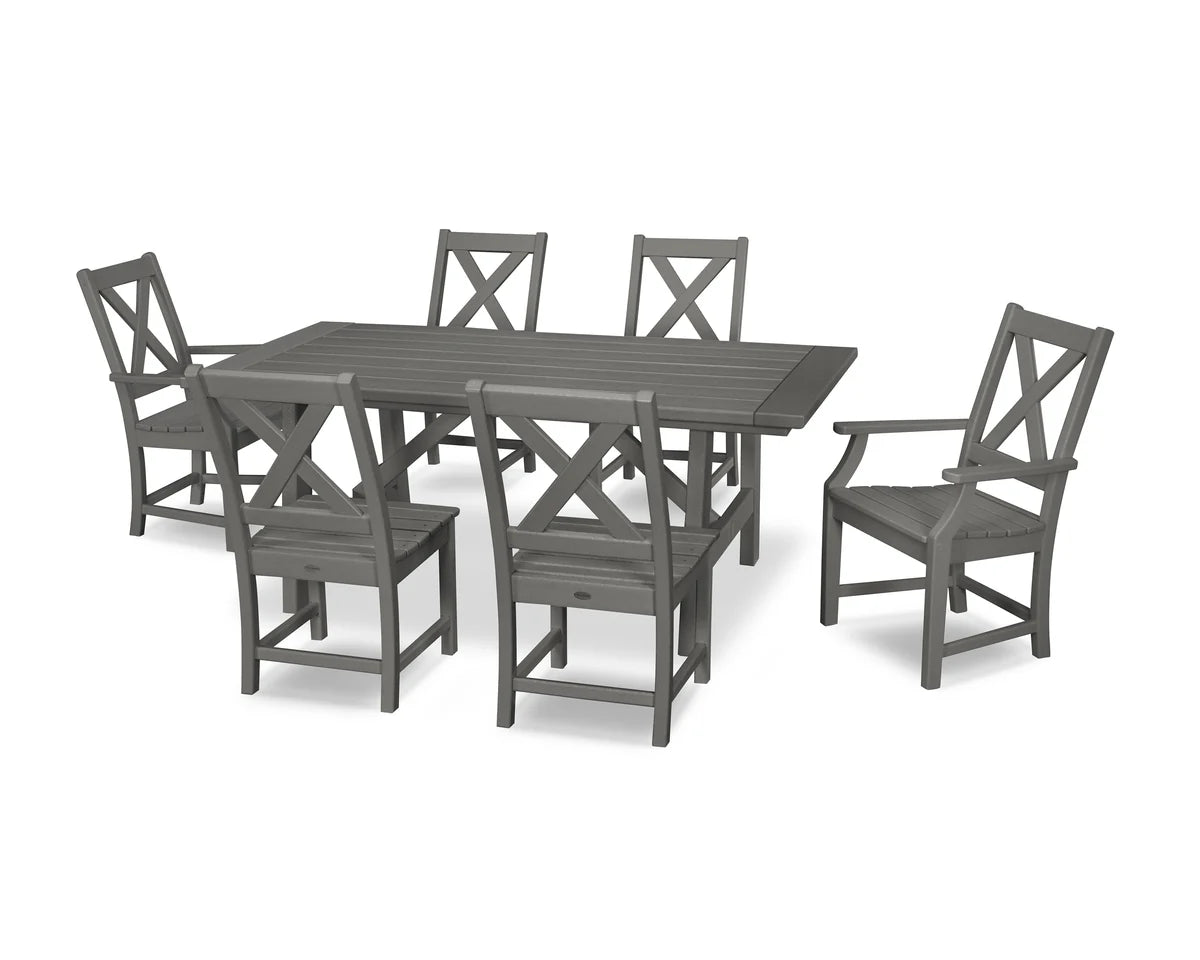Freestanding Grill Repair: Solutions for Common BBQ Issues

Freestanding grill repair is an essential skill for any barbecue enthusiast, as it ensures the longevity and optimal performance of your outdoor cooking equipment. In this guide, we'll explore the causes of damaged burners and rusty grill grates in freestanding grills, as well as provide tips on how to repair them.
We'll begin by discussing damaged burners, their causes, and methods for identifying signs of damage. From there, we'll explore rusty grill grates - a common problem faced by many Texans who love their BBQs - along with techniques to remove rust and prevent future formation. Uneven heat distribution is another challenge that can affect the quality of your grilled food; we will examine factors contributing to this issue and suggest adjustments needed for proper heat distribution.
Additionally, ignition system problems are not uncommon in freestanding grills; therefore, we will cover the potential causes behind these issues as well as repair and replacement options. Gas leaks pose significant safety risks when operating a grill; our guide includes tips on detecting gas leaks early on so you can ensure safe repairs. Lastly, preventative maintenance is key in prolonging the life of your freestanding grill – we'll share valuable cleaning tips and storage techniques during off-seasons to help keep your prized BBQ equipment in top condition.
Damaged Burners
One of the main concerns with freestanding grills is dealing with damaged burners. Burner damage can result from rusting or clogging due to grease buildup. Signs of burner damage include reduced flame size or yellow flames instead of blue ones. Repair options may involve cleaning the burners thoroughly or replacing them if they are beyond repair.
Causes of Burner Damage
Burner damage in freestanding grills and built-in grills often occurs due to exposure to moisture, which leads to rust formation on metal surfaces. Additionally, grease buildup from regular use can cause clogs that hinder proper gas flow through the burners, leading to uneven heating and potential flare-ups.
Identifying Signs of Damaged Burners
- Reduced Flame Size: If your grill's flames appear smaller than usual, this could indicate a problem with the burners.
- Inconsistent Heat Distribution: Uneven cooking temperatures across different areas of your grill might be a sign that some burners are not functioning correctly.
- Foul Odor: An unpleasant smell coming from your grill during operation could signal unburnt gas leaking out due to blocked or damaged burners.
Cleaning and Replacement Options for Burners
To clean dirty or clogged burner tubes, first, turn off your propane tank (if applicable) and disconnect it from the grill. Remove the grates and heat tents, then use a soft brush or pipe cleaner to gently remove any debris from inside the tubes. For rusted burners that are beyond repair, consider purchasing new ones compatible with your specific grill type.
Regular maintenance is essential for preventing burner damage in your freestanding grills. By cleaning your equipment after each use and checking for potential gas leaks periodically, you can keep your BBQ unit running smoothly while enjoying delicious meals with friends and family.
Freestanding grills are prone to burner damage due to rusting and grease buildup, which can result in reduced flame size or uneven heating. To prevent this, regular cleaning and maintenance are essential, including checking for gas leaks and replacing damaged burners when necessary.
Rusty Grill Grates
Is your grill grates looking a little worse for wear? Rusty grill grates are a common issue for BBQ enthusiasts in Texas who want to cook up a storm on their freestanding or built-in grills. Restoring your grill grates to their former glory is possible.
Causes and Effects of Rusty Grill Grates
- Cause: Exposure to moisture from rain, humidity, or condensation can lead to rust formation on your grill grates.
- Effect: Rusty grill grates can negatively impact the taste of your food and pose potential health risks due to consuming rust particles.
Steps to Clean and Restore Rusty Grates
- Cleaning: Scrub away any loose rust from the surface of the grate using a wire brush or steel wool pad with soapy water.
- Rust Converter Application: Apply a commercial-grade rust converter according to manufacturer instructions, which will chemically transform existing rust into an inert substance that won't spread further.
- Spray Painting: After allowing the treated area sufficient drying time (usually at least overnight), apply a coat of high-temperature resistant spray paint designed specifically for use on barbecue equipment (Rust-Oleum High Heat is a popular choice).
Preventative Measures Against Rust Formation
- Cover: Use a weather-resistant grill cover when not in use to protect your grill from the elements.
- Maintenance: Regularly clean and dry your grates after each cooking session, removing any food particles or grease that could trap moisture and contribute to rusting.
- Storage: Store your BBQ unit in a sheltered area during off-seasons or periods of prolonged disuse, further reducing exposure to moisture.
By following these simple steps and preventative measures, you can keep your grill grates looking and performing their best. So fire up those grills and get cooking.
Don't let rusty grill grates ruin your BBQ experience. Exposure to moisture can cause rust formation, but you can restore them by cleaning with a wire brush or steel wool pad, and applying a rust converter and high-temperature resistant spray paint. To prevent future rusting, use a weather-resistant cover when not in use, clean and dry after each cooking session, and store in a sheltered area during off-seasons.
Uneven Heat Distribution
Is your grill cooking unevenly? Don't blame the meat. Uneven heat distribution in your freestanding grill could be caused by several factors such as blocked vents or improper placement of ceramic briquettes (used for even heating). Disassembling your grill helps identify any blockages causing uneven heating while adjusting the lava rocks' position ensures proper functioning once reassembled.
Factors Contributing to Uneven Heat Distribution
Grill types, like freestanding grills and built-in grills, may experience uneven heat distribution due to various reasons. Some common causes include:
- Clogged burner tubes or vents from grease buildup
- Misaligned burners that don't sit properly on the grill base
- Inadequate airflow due to dirty flame tamers or heat tents
- Lava rocks or ceramic briquettes are placed too close together, restricting air circulation between them
Troubleshooting Steps to Resolve Uneven Heating Issues
To fix the problem of uneven heat distribution in your BBQ unit, follow these troubleshooting steps:
- Turn off the gas supply and disconnect the propane tanks before working on your grill.
- Clean all parts thoroughly with a brush and soapy water, removing any debris that might obstruct airflow within the system.
- Inspect each burner tube for damage; replace if necessary. Make sure they are aligned correctly when reinstalling them onto their respective brackets after cleaning is complete.
- If using lava rocks/ceramic briquettes - rearrange them evenly across the cooking surface area ensuring ample space exists between each piece allowing proper air flow during operation timeframes as needed.
Proper Placement Techniques for Better Performance
To optimize your grill's heat distribution, follow these proper placement techniques:
- Ensure burners are aligned correctly with their respective gas valves and brackets.
- Space lava rocks or ceramic briquettes evenly across the cooking surface, allowing sufficient air circulation between them.
- Clean flame tamers or heat tents regularly to maintain adequate airflow within the system.
Taking care of these issues will help you enjoy a more consistent grilling experience on your freestanding grill. For additional assistance in maintaining optimal performance from your BBQ unit, consider seeking professional help from expert technicians if necessary.
If your freestanding grill is cooking unevenly, it could be due to blocked vents or improperly placed ceramic briquettes. To fix this issue, disassemble the grill and clean all parts thoroughly before rearranging the lava rocks or ceramic briquettes evenly across the cooking surface for better performance.
Ignition System Problems
Is your grill not lighting up despite having enough propane? You might be facing ignition system problems. Wear and tear can lead to issues with your grill's ignition system, making it tough to get going. Don't fret - we have the solution.
Common Causes of Ignition System Problems
- Dirt and debris buildup on the igniter electrode or collector box.
- Faulty spark generator or worn-out battery (for electronic ignition systems).
- Damaged wires connecting the igniter to the burner control valve.
- Rusting or corrosion of metal components within the ignition system.
Identifying Signs of a Faulty Ignition System
How do you know if your grill's ignition system is faulty? Look out for these signs:
- No sparks are visible when attempting to ignite the burners.
- A clicking sound is heard but no flame appears after multiple attempts.
- The grill takes longer than usual to light up even though there's enough fuel in the tank.
Repair and Replacement Options for the Ignition System
If you're facing ignition system problems, here's what you can do:
- Clean all accessible parts such as electrodes and collector boxes using a soft brush or cloth dipped in rubbing alcohol. This helps remove dirt and grease buildup that may be hindering the ignition process.
- Inspect and replace any damaged wires or connectors, ensuring a secure connection between components.
- If your grill uses an electronic ignition system, check the battery for corrosion and replace it if necessary.
- In case of persistent issues despite cleaning and checking connections, consider investing in a new igniter kit to restore your grill's performance.
Don't let ignition system problems ruin your BBQ experience. By addressing these common issues promptly, you can ensure that your freestanding grills or built-in grills remain reliable cooking companions during those delightful cookouts.
If your freestanding grill is not lighting up despite having enough propane, it might be facing ignition system problems. Common causes of these issues include dirt and debris buildup on the igniter electrode or collector box, faulty spark generator or worn-out battery (for electronic ignition systems), damaged wires connecting the igniter to the burner control valve, and rusting or corrosion of metal components within the ignition system. To address these common issues promptly, clean all accessible parts such as electrodes and collector boxes using a soft brush or cloth dipped in rubbing alcohol, inspect and replace any damaged wires or connectors ensuring a secure connection between components; check batteries for corrosion if necessary; consider investing in new igniter kits if there are persistent issues despite cleaning and checking connections.
Gas Leaks
Gas leaks are a serious safety hazard for BBQ lovers, especially when using propane-fueled freestanding grills. Faulty hoses or loose connections between components are common causes of gas leaks. Signs of a gas leak include the smell of propane near your grill or reduced performance despite having enough fuel in the tank. To fix the issue, check all connections and replace any faulty parts as needed.
Possible Causes of Gas Leaks
- Damaged hoses: Over time, wear and tear can cause cracks in your grill's hose, leading to dangerous gas leaks.
- Loose connections: Improperly tightened fittings between various components like regulators, burners, and valves can result in leakage.
- Faulty equipment: Defective parts such as regulators or valves might also be responsible for causing unwanted gas escape from your system.
Signs of a Gas Leak
To ensure your safety while using your freestanding grill, it's crucial to recognize potential warning signs that indicate a possible leak:
- The distinct smell of propane near your grill area - this odor is intentionally added by manufacturers to help users detect any leakage issues quickly.
- A hissing sound coming from the vicinity of the hose or connection points could suggest escaping gases under pressure.
- If you notice decreased flame size on one burner compared to others despite having adequate fuel levels within their respective tanks - this might signal an issue related directly to the leaking problems at hand.
Steps to Fix and Prevent Future Gas Leaks
Addressing a gas leak in your built-in grill or freestanding unit requires immediate attention. Follow these steps to ensure the safety of everyone involved:
- Turn off the propane tank valve immediately upon detecting any signs of leakage.
- Inspect all hoses, connections, and components for visible damage or wear - replace as necessary with compatible parts designed specifically for use within your particular model type.
To prevent future leaks from occurring on various types of grills like Kenmore gas grills or KitchenAid models, make sure you regularly inspect equipment before each session while also ensuring proper storage conditions during off-season periods.
Gas leaks are a serious safety hazard for BBQ lovers, especially when using propane-fueled freestanding grills. Damaged hoses, loose connections, and faulty equipment can cause gas leaks in your grill. To fix the issue, check all connections and replace any faulty parts as needed while also regularly inspecting equipment to prevent future leaks from occurring.
Preventative Maintenance Tips
Don't let your grill go up in smoke. Keep it running smoothly with these simple maintenance tips:
Regular Maintenance Routines
Maintaining your freestanding grill, built-in grill, or other grill types is key to extending its lifespan. Regular inspections and cleanings can help you catch potential problems early on before they become costly repairs.
Cleaning Tips
- Grill grates: Use a wire brush to remove food debris after each use.
- Burners: Check for clogs caused by grease or insects and clear them with a pipe cleaner or small brush.
- Grease tray: Empty the tray regularly to reduce fire hazards.
- Vents: Ensure vents are free from blockages that could impact airflow and heat distribution.
Proper Storage During Off-Seasons
When not using your grill during colder months or extended periods of disuse, follow these steps:
- Disconnect and store propane tanks in a secure, airy spot away from direct sunlight or heat sources.
- Clean the grill thoroughly to remove any food particles, grease buildup, or rust formation.
- Invest in a high-quality grill cover that fits your specific model snugly to protect it from weather elements such as rain, snow, and UV rays.
By incorporating these preventative maintenance tips into your routine, you can keep your freestanding grills, built-in grills, and other grill types functioning optimally for years to come.
FAQs in Relation to Freestanding Grill Repair
Grilling Problems: How to Avoid Them
Don't let damaged burners, rusty grill grates, uneven heat distribution, ignition system issues, or gas leaks ruin your grilling experience. Regular maintenance and cleaning can help prevent these issues and prolong your grill's lifespan.
Outdoor Grill Lifespan: How Long Will It Last?
The average lifespan of an outdoor grill ranges from 5 to 15 years depending on its quality, usage frequency, and maintenance practices. High-quality grills with proper care can last even longer.
Freestanding Grill to Built-in: Can You Convert?
In some cases, it is possible to convert a freestanding grill into a built-in model by removing the side shelves or cart components. However, this process may void warranties and requires careful consideration for safety measures such as ventilation requirements.
Fixing an Old Grill: Is It Worth It?
If repair costs are reasonable compared to purchasing a new unit and if replacement parts are readily available for your specific model, fixing an old grill can be worthwhile. Assessing the overall condition and potential future repairs will also help determine whether repairing is cost-effective.
Visit BBQ Outfitters for More Outdoor Cooking Tips
Texans love outdoor cooking, but a damaged burner or rusty grate can ruin your BBQ experience - check out our guide for easy freestanding grill repairs.
Regular cleaning and proper storage can extend the life of your grill, and with our repair solutions, you'll be back to grilling in no time.
- Uneven heat distribution? Try cleaning your burners or adjusting the air vents.
- Ignition system problems? Check the battery or wiring.
- Rusty grates? Scrub them with a wire brush or replace them.
Don't let grill issues get you down - bookmark our guide for quick and easy repairs.
For more tips on outdoor cooking, check out BBQ Outfitters












